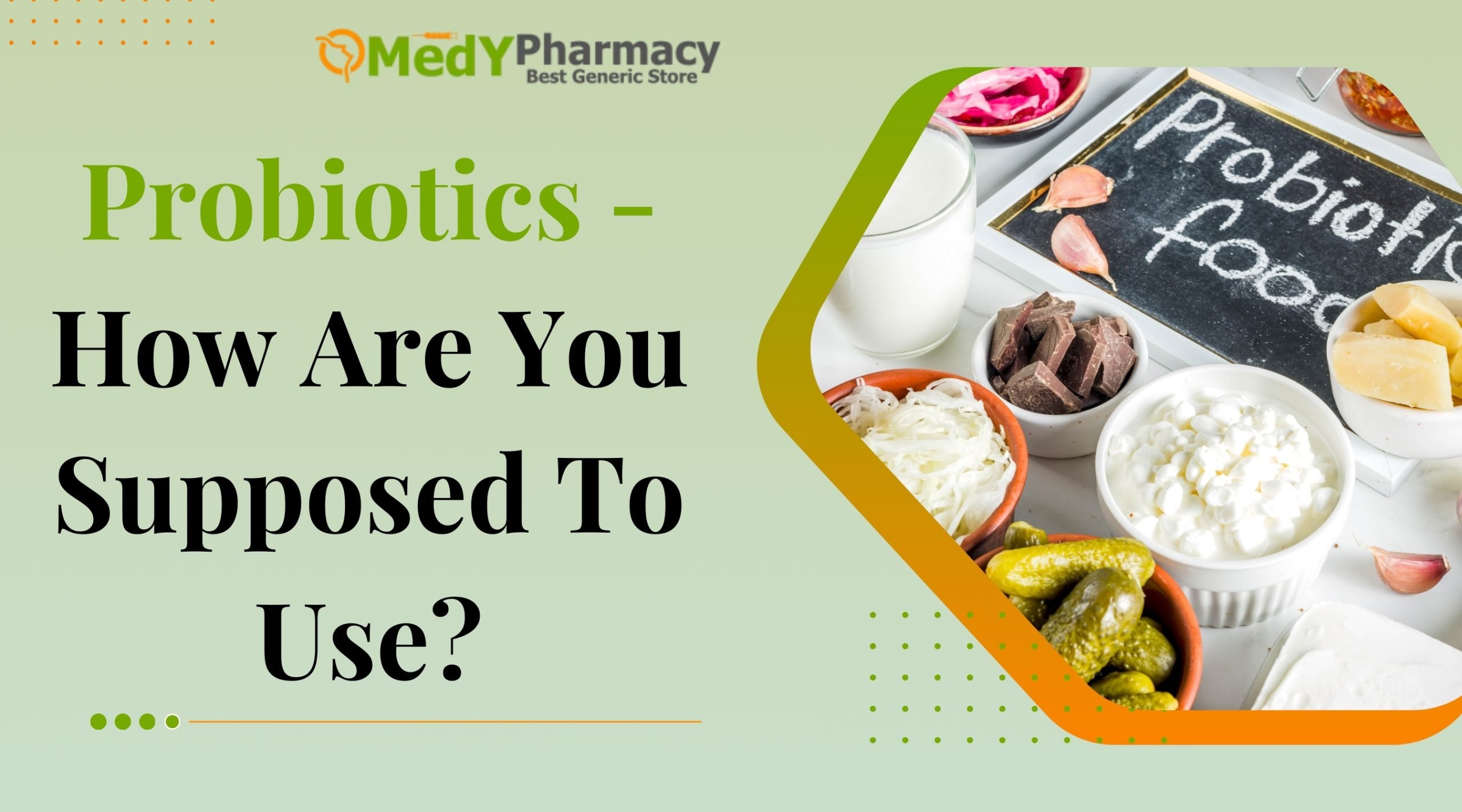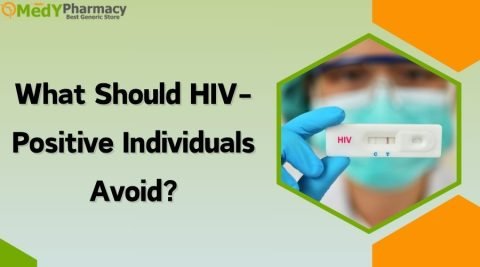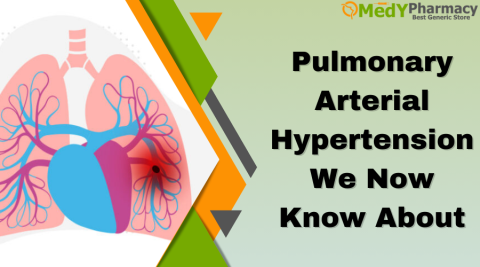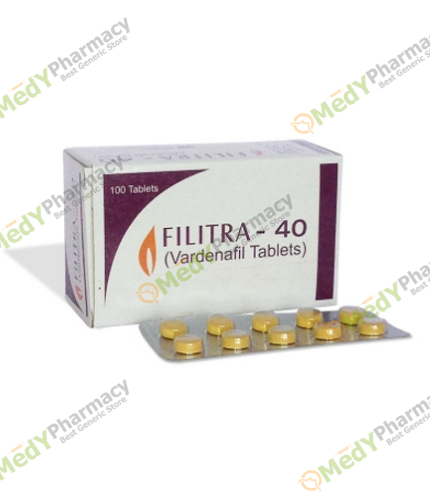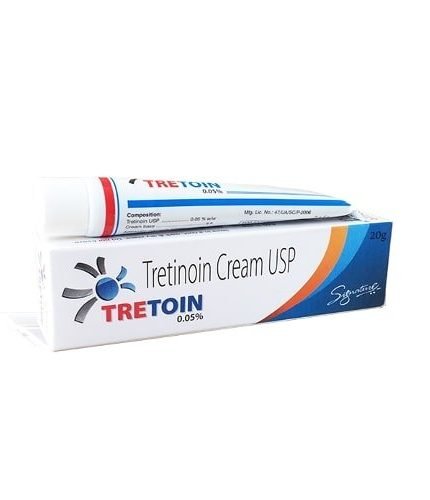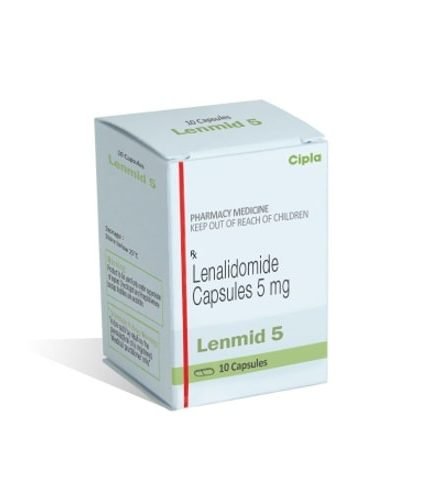Introduction:
The consumption of probiotic supplements has increased recently among the health-conscious population. Then again, what are probiotics?
Understandably, you may not even be familiar with this phrase, therefore you may not know how to utilize it or what some of the health advantages of utilizing drugs are. Don’t worry, then.
You will learn about the utilization of probiotic compounds and some of their health advantages in this post.
All the information will be provided, including when and how to take it, whether you need to consult a doctor before using this drug, and more.
Your body’s bacterial population is estimated to be 10 times greater than its cell population. But according to a new study, the ratio is more like 1 to 1.
It is estimated that you have between 39 and 300 trillion germs. Regardless of the most precise estimate, it’s undoubtedly a big amount.
Your gut is home to a large number of these bacteria, most of which are harmless. A few can lead to illness, while others are beneficial.
- Reduction in weight
- Enhanced ability to digest
- Improved immunological response
- More radiant skin
- Lower chance of developing certain illnesses
They are a particular kind of beneficial bacteria that, when consumed, have health advantages.
Often taken as supplements, they are meant to aid in the colonization of your gut with beneficial microbes.
What Are Probiotics?
When consumed, these live microbes have positive health effects.
On what the advantages are and which bacterial strains are to blame, the scientific community, however, frequently cannot agree.
These are often bacteria, however, certain yeasts can also serve as probiotics. Viruses, fungi, archaea, and helminths are among the other intestinal microbes under investigation.
Supplements and meals made by bacterial fermentation are two ways to obtain probiotics.
These foods consist of kimchi, tempeh, sauerkraut, kefir, and yogurt. This is not the same as prebiotics, which are carbohydrates, frequently dietary fibers that support the good bacteria that are already present in your stomach.
Symbiotics are goods that include both probiotics and prebiotics together. Symbiotics often consist of a supplement that contains both beneficial bacteria and food for the bacteria.
The two most prevalent probiotic bacteria are Bifidobacterium and Lactobacillus. Other frequent types include Bacillus, Escherichia, Enterococcus, Streptococcus, and Saccharomyces.
Every genus contains a variety of species, and each species has a large number of strains. The strain, species, subspecies, and letter-number strain code are the ways that probiotics are recognized on labels.
Different health issues have been discovered to be addressed by different probiotics. As a result, it’s critical to select the appropriate probiotic type or kind.
Some supplements mix many species into a single product, referred to as multi-probiotics or broad-spectrum.
More study is required to fully understand the health advantages of probiotics, despite the encouraging findings. Certain experts worry about the potential adverse consequences of probiotics’ “dark side” and advocate greater vigilance and stringent control.
These beneficial microorganisms can occasionally become less prevalent, which can lead to several gastrointestinal health problems as well as other conditions including skin infections.
Urinary tract infections, etc. Consuming probiotics is necessary to restore the beneficial bacterial culture in our digestive tract.
By taking a probiotic supplement, you can prevent or even treat gut infections and other health problems by increasing the activity of beneficial and necessary bacteria in your gut.
How Do Probiotics Help Your Health?
There are several formulas and medications available for this. Although there is ongoing research on their potential health benefits, few findings have been made yet.
The microbiome, or collection of microbes that dwell on and within the human body, is diverse. By altering the microbiome’s composition, a probiotic pill seeks to offer certain health advantages. Knowing which of them is beneficial and for which health issue is the difficult part.
Information on when and for whom probiotics should be taken is scarce. However, those who are experiencing digestive issues, are on antibiotics or have a gastrointestinal illness might want to discuss beginning a probiotic with their healthcare physician.
Increasingly, there is evidence that gut health and mental health are related; this connection is known as the “gut-brain axis.” Probiotics may affect mood and how the brain works. By controlling intestinal inflammation or by generating neurotransmitters like serotonin, which is involved in mood regulation, they may be able to lessen feelings of stress, anxiety, and depression, according to some research.
While they are typically safe for most people, some people may experience moderate stomach issues. Before beginning probiotics, people with established medical issues or compromised immune systems should speak with their doctor.
In conclusion, this supports many different body processes, including immune system improvement, gastrointestinal health, and even mental wellness. You may enhance your general health and well-being by including them in your diet or taking supplements.
How a Probiotic Is Selected
A large variety of probiotic bacterial strains may be found in the many probiotic supplements available on the market. You must select the appropriate one to deal with your specific problem or issue if you want to profit.
This is where a probiotic can help if someone’s gut bacteria balance has been upset. However, there are important considerations about whether it will assist and if you are taking the correct one.
The following factors should be carefully considered while looking for the finest probiotics to enhance the function of your gut microbiome:
- Colony-forming units.
- Bacterial strain types that are employed.
- Guidelines for storing probiotics.
- Certain brand names and/or strains have been the subject of efficacy studies.
Additionally, you might want to think about concentrating on foods that contain probiotics rather than pills.
Positive Effects of Probiotics on Physical Health
Research is still being conducted, however this appears to provide a list of possible health advantages. They can improve your absorption of some minerals and promote beneficial gut flora. The destruction of dangerous germs can strengthen your immune system to fend against infections and sickness.
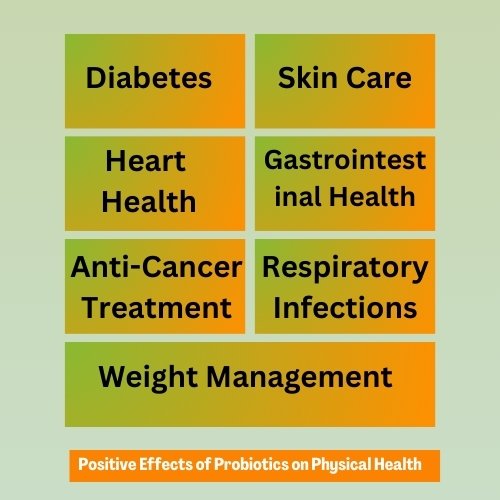
- Diabetes
In this autoimmune disease, the body’s immune system unintentionally targets and kills the pancreatic cells that produce insulin. Because of this, individuals with Type 1 diabetes are unable to manufacture insulin, a hormone that is essential for turning food-based glucose into energy.
To control their blood sugar levels, people with Type 1 diabetes must take insulin every day, either via injection or an insulin pump. Additionally, they must routinely check their blood sugar levels and modify their insulin dosages in response to variables like as stress, physical activity, and nutrition.
For blood sugar control, a balanced diet is essential. Consuming entire grains, lean meats, healthy fats, and an abundance of veggies should be the main focus for diabetics. It’s crucial to limit processed meals and simple sweets.
To effectively treat diabetes, early diagnosis, education, and ongoing monitoring are essential. Seeking testing and management advice from a healthcare professional is crucial if you think you might have diabetes or are at risk.
- Skin Care
This is the process of caring for your skin to preserve its functionality, health, and attractiveness. In addition to shielding the skin from environmental harm like pollution and sun exposure, proper skincare helps avoid common skin problems like acne, dryness, and premature aging. A healthy skincare regimen may also boost your self-esteem by encouraging a bright, radiant complexion.
Choose a moisturizing toner with components like rose water or glycerin if your skin is dry. A salicylic acid or witch hazel toner can help regulate oil and minimize breakouts on oily or acne-prone skin.
By removing dead skin cells from the skin’s surface, exfoliation keeps the skin smooth, glowing and helps to avoid blocked pores. However, excessive exfoliation can cause skin irritation, so it’s crucial to use exfoliators sparingly.
- Heart Health
Because the heart pumps blood throughout the body, providing oxygen and nourishment to organs and tissues, this is extremely important. Heart attack, stroke, and heart failure are among the cardiovascular illnesses (CVD) that can be prevented by keeping the heart healthy. Thankfully, there are several lifestyle choices and activities that can lower the risk of heart disease and improve heart health.
Chronic stress can harm heart health by causing harmful habits like smoking, consuming alcohol, or overeating, as well as by increasing inflammation and blood pressure. Heart health may improve if stress management techniques are discovered.
A variety of lifestyle choices, such as eating right, exercising, managing stress, and abstaining from bad habits like smoking and binge drinking, have an impact on this. You may lower your risk of heart disease, enhance your cardiovascular health, and improve your general quality of life by forming healthy behaviors.
- Gastrointestinal Health
To properly digest food, absorb nutrients, and get rid of waste, a healthy digestive system is essential. Numerous symptoms, including bloating, pain, constipation, diarrhea, and more serious disorders like irritable bowel syndrome, can result from an improperly functioning gastrointestinal tract.
Your intestinal tract is home to billions of bacteria and other microorganisms, which are collectively referred to as the gut microbiome. These microorganisms aid in immune system regulation, food digestion, and defense against dangerous infections. In addition to digestive disorders, dysbiosis—an imbalance in the gut microbiome—can cause obesity, diabetes, and autoimmune illnesses.
The foundation of general well-being is this. A healthy digestive system may be supported by concentrating on eating a balanced diet, drinking plenty of water, controlling stress, exercising frequently, and abstaining from bad habits. To address the underlying reason and obtain the right therapy, it’s critical to speak with a healthcare professional if you suffer from ongoing digestive problems or pain.
- Anti-Cancer Treatment
Anti-cancer treatment encompasses a range of medical medicines and procedures intended to cure cancer by either preventing the formation of malignant cells or killing them. The patient’s general health, the kind and stage of the cancer, and the effectiveness of certain medicines all influence the available treatment choices.
Cancer treatment is frequently not universally applicable. For the greatest results, a mix of therapy is frequently employed.
Significant progress has been made in anti-cancer therapy, and a wide range of individualized cancer treatments are now accessible. The objective is always to eradicate or control cancer while preserving the highest possible standard of living, even though the side effects might be difficult.
Research keeps advancing medications and giving promise for less harmful, more effective ones. To explore treatment choices depending on the patient’s general health and the kind and stage of their cancer, always seek advice from oncologists and other medical specialists.
- Respiratory Infections
These infections impact the respiratory system, which comprises the lungs, windpipe, bronchi, throat, and nose. These illnesses are brought on by bacteria, viruses, or occasionally fungus and can range in severity. The origin of the illness, the part of the respiratory system that is impacted, and the general health of the patient all influence how severe the infection is and how it is treated.
Respiratory infections, particularly those affecting the lower respiratory tract, can worsen and need hospitalization or urgent care, especially in elderly patients, young children, and those with compromised immune systems or underlying medical disorders.
From minor and self-limiting to severe and even fatal, respiratory infections can vary in severity. To lower the risk of illness, preventative steps including immunization, proper hygiene, and healthy lifestyle choices are essential. Some respiratory infections may need medical attention, especially if they are bacterial, severe, or affect susceptible people, even though the majority go away on their own.
- Weight Management
A comprehensive strategy that includes behavioral modifications, frequent exercise, and a nutritious diet is necessary for effective weight management. Long-term success requires regulating environmental and emotional influences, setting reasonable objectives, and monitoring progress.
A balanced, long-term strategy is crucial for anybody trying to lose weight, and where necessary, professional assistance should be sought. Achieving and maintaining a healthy weight is achievable with perseverance, consistency, and an emphasis on general health.
By keeping the number of calories the body consumes for energy in balance with the number of calories ingested through food and drink, weight management helps people maintain a healthy weight. Maintaining a healthy weight loss is crucial for general health and can help prevent or treat several illnesses, including diabetes, heart disease, and joint issues. Techniques for maintaining, gaining, or healthily losing weight are included in weight management.
When Should I Take Probiotics?
As we said before, these are crucial in the treatment of skin infections, digestive problems, and infections that affect other organs or even areas of our body like the mouth, teeth, food pipe, urinary system, and reproductive system.
When you have a variety of digestive issues, including indigestion, bloating, diarrhea, constipation, stomach discomfort, cramps, or infections that affect the kidneys, liver, or reproductive and urinary organs, you may need to utilize it.
Even infections of the skin, gums, teeth, food pipe, and other areas can be cured with some probiotic health supplements.
It might also be beneficial to take probiotics just before bed if taking them before meals doesn’t work for you. Because stomach acid levels are lower when you sleep, the probiotics may be able to enter your gut without being broken down by acid.
When taking drugs, consistency is crucial, regardless of the precise schedule. To maintain a steady presence of beneficial bacteria in your digestive system, you should take them daily.
To What Extent Do They Operate?
Several factors will determine how soon probiotics work. Key factors affecting efficacy include the kind of probiotic strain, health status, product formula, product quality, and dosage.
These are sometimes suggested as a targeted treatment for acute symptoms like traveler’s diarrhea. In certain situations, the effects might become apparent as soon as a few days later.
Showed medication can help cut the frequency and length of diarrhea by two days when combined with rehydration therapy.
It may take weeks of consistent usage to observe the effects of probiotics for more chronic illnesses, dysbiosis, or overall immunological function, although longer use may be beneficial.
For instance, according to research published in Nutrients, probiotic use for at least eight weeks may be most beneficial for those with irritable bowel syndrome (IBS). Found a 12-week high-dose probiotic drink group saw a substantial decrease in upper respiratory infections compared to a placebo group.
Consistent usage of the right drug may provide the best opportunity for gut health and symptom reduction.
Types of Probiotics
When taken in sufficient quantities, these living microbes have positive health effects. A variety of these are derived from different strains of yeast or bacteria, and each strain offers unique health advantages.
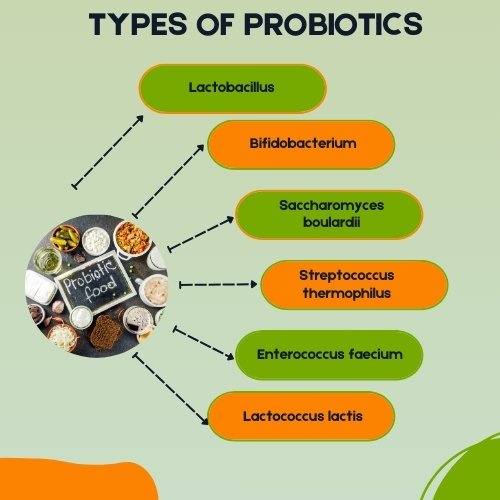
- Lactobacillus
Probiotics are good bacteria that promote intestinal health and general well-being, and one of the most well-known and often utilized genera is Lactobacillus. Being a kind of lactic acid bacterium, it ferments food and creates lactic acid as a byproduct.
Because they flourish in low-oxygen settings, they are perfect for fermentation processes and intestinal presence. Their ability to endure the stomach’s acidic environment enables them to make it to the intestines, where they can exert their most advantageous effects.
For instance, diarrhea brought on by drugs, infections, or traveler’s diarrhea can be prevented or treated with certain strains of Lactobacillus. Vaginal infections such as bacterial vaginosis and yeast infections can be avoided by keeping the proper balance of Lactobacillus strains in the vaginal microbiome.
- Bifidobacterium
To preserve gut health and general well-being, this genus of probiotic bacteria is essential. In addition to being found naturally in the intestines, especially the large intestine, where it aids in maintaining the balance of beneficial bacteria, Bifidobacterium is also frequently utilized in probiotics, much like Lactobacillus. Probiotic supplements and a range of fermented foods include this helpful, anaerobic bacteria, which aids in the fermentation of dietary fiber into healthy compounds.
Because it inhibits bad bacteria and encourages the growth of beneficial ones, bifidobacterium aids in the maintenance of a healthy gut microbiota balance. By doing this, gastrointestinal problems including constipation, diarrhea, and IBS are avoided.
- Saccharomyces boulardii
Known as a “good fungus” because it can offer health advantages akin to those of probiotic bacteria, Saccharomyces boulardii is a special kind of probiotic yeast. In contrast to the majority of probiotics, which are bacteria, this non-pathogenic yeast may flourish in the gastrointestinal system and provides several health advantages, particularly regarding gut health.
The gut microbiota’s equilibrium can be upset by antibiotics, which frequently results in antibiotic-associated diarrhea. This aids in preventing diarrhea by reestablishing the microbiota in the stomach and encouraging the development of advantageous microbes.
According to research, Saccharomyces boulardii may affect the gut-brain axis, which is the relationship between brain function and the gut microbiota. Although further study is required to completely understand this link, it may help reduce the symptoms of stress, anxiety, and depression by enhancing gut health.
- Streptococcus thermophilus
When taken in sufficient quantities, Streptococcus thermophilus, a bacterium less frequently linked to probiotics than other bacteria like Lactobacillus, can improve digestion and gut health.
The capacity of Streptococcus thermophilus to break down lactose is one of its most significant advantages. Many lactose intolerant persons have trouble digesting lactose into its more basic forms. During fermentation, S. thermophilus produces lactic acid, which can lower the amount of lactose in dairy products and make them simpler for people who are lactose intolerant to digest.
- Enterococcus faecium
Both the human gut microbiome and the intestines of several other animals contain this lactic acid bacteria. It belongs to the genus Enterococcus and is well-known for its resilient nature, which includes the stomach acidity and the bile in the intestines. Although Enterococcus faecium has been shown to have probiotic potential, its link to human health is complicated since some strains can cause infections while others have positive health effects.
The equilibrium of the gut microbiota can be upset by antibiotic treatments, which frequently results in antibiotic-associated diarrhea or an overabundance of dangerous bacteria like Clostridium difficile. Following antibiotic use, probiotics like this can aid in the restoration of beneficial gut flora, lowering the possibility of severe side effects.
- Lactococcus lactis
Gram-positive bacteria like this one are frequently found in dairy products, especially in fermented foods like buttermilk and cheese. To preserve the dairy product and give it its flavor, it is essential for the fermentation of milk and the creation of lactic acid. This is used to make food, but it’s also regarded as a probiotic, which means that when taken in sufficient quantities, it can have positive health effects.
It helps those with lactose intolerance digest lactose, which results in its benefits. This reduces the symptoms of lactose malabsorption, including diarrhea, gas, and bloating, by breaking down lactose into lactic acid.
Does The Use Of Probiotics As Health Supplements Require A Doctor’s Consultation?
Remember that there can be some drawbacks to utilizing probiotic pills, even though their benefits may have so far tempted you.
The first and most significant drawback of using these probiotics or health supplements is that the FDA does not regulate them. Companies that produce these probiotic supplements are exempt from FDA approval requirements before releasing their goods.
Additionally, there are several varieties of probiotic health supplements on the market, each with unique advantages and variations in their functions and end products. Therefore, you must use caution while adding such probiotic ingredients to your body.
Additionally, certain probiotic health supplements might not be appropriate for those with weakened immune systems. It’s possible that taking too many of these health supplements might boost your body’s defenses against infections and allergies. Therefore, controlling your probiotic dosage and avoiding taking an excessively high quantity is crucial.
Therefore, seeking advice from a physician to determine which health supplement could be best for you is not a terrible idea. Naturally, before recommending the healthiest and best goods, the experts will examine the reasons why you need to take drugs.
You may also confirm an appropriate dosage and learn about any safety precautions while using these supplements by consulting with your doctor. We do not advise you to start taking a probiotic supplement unless you have a doctor’s prescription and it is recommended by a friend or family member.
How Can Probiotic Health Supplements Be Used?
Additionally, the majority of probiotic supplements are powders that you must dissolve in liquids like water or food. When taking probiotic pills, the best method to utilize them, according to a doctor, is to take them immediately after waking up and without food before breakfast.
Any liquid, such as water, fruit juice, smoothies, protein shakes, and so on, may be used to dissolve the powdered health supplements, which you then need to consume. Using no more than a tablespoon inside a day is a highly recommended practice.
Further probiotic health supplements may be in the form of lotions or gels that you will need to apply to your skin, teeth, or inside. Be sure to read the directions for use before taking these pills.
How Safely to Use Them
These are governed by FDA regulations just like foods, not like drugs. Manufacturers of probiotic supplements are exempt from proving the efficacy or safety of their products, unlike pharmaceutical businesses.
Find out from your physician if taking probiotics is something you should do. Probiotic foods and supplements are generally regarded as safe for the majority of people, while certain individuals with immune system issues or other severe medical disorders should not use them.
An upset stomach, diarrhea, gas, and bloating are some moderate side effects that may occur within the first few days of taking them. They could cause allergic responses as well. If difficulties arise, stop taking them and consult your doctor.
Do Probiotic Health Supplements Pose Any Health Risks?
As previously said, consuming excessive amounts or overdosing on a probiotic supplement might negate its effects and bring on an illness or allergy. As a result, controlling the dosage you take is crucial.
Other than this, those with weakened immune systems may not benefit from taking probiotic supplements. It is also dangerous for people using immunosuppressive medications.
Certain probiotic strains, such as those belonging to the Enterococcus genus, may include genes that make them resistant to antibiotics. These bacteria may spread antibiotic resistance to harmful bacteria in the stomach if consumed in large quantities or for extended periods, which might exacerbate the rising problem of antibiotic-resistant illnesses.
Taking a probiotic pill is not the only way to keep your stomach healthy. Numerous lifestyle variables impact your gut flora, therefore daily nutrition and activity are equally vital.
However, there could be a few negative effects along with a variety of advantages. They could thus be worthwhile to try if you’re interested in enhancing the health of your digestive system.
FDA clearance is not necessary for the over-the-counter Medypharmacy website, though.







